I am just coming off a rejuvenating and rewarding time in the magical, revitalized industrial hub that is Birmingham, England. I was there for The Deceleration Assembly, the first ever (as far as I know!) gathering of practitioners working on endings and closures in civil society.
After almost 2 whole years of doing this work full-time, it was amazing to be live and in-person with so many others who also tackle endings and think very deeply about how it could be done better. From the moment I walked into the pre-conference gathering, held at a lovely pizza place in central Birmingham, I knew I was with my people. Conversation flowed, pizza was nibbled, heads nodded, and lots of knowing laughter spilled out.
The conference itself was held in the Old Library, a beautiful (if drafty), refurbished, old building that I imagine used to — per its name — be a library. After some brief icebreakers, we were joined by two marvelous speakers from the adjacent field of grief and funereal care. Then after lunch, we did smaller group sessions focused on themes and tools.
My brain is still buzzing with what I heard and I am touched with how raw and honest the conversations were, even over some tricky social and cultural divides. However, I’ve boiled my thoughts down into 4 main takeaways:
Community Building Matters
I went into this event thinking that I wanted to maybe wind down the community of practice. The work is no longer being funded and sometimes it feels like there is only a trickle of engagement in the Slack or at the gatherings. However, the feeling I got from the assembly is that gathering is so very important, community is so important. People need a place for sharing resources, job opportunities, challenges, and even epiphanies with each other.
The Decelerator folks have a large reach but I, sadly, don’t see them building community beyond this conference. How can we bridge the gap? I’m trying to nudge them a bit, but I am also open to what else can be done to meet the obvious need. I still do very much called to be a convener and connector in this space. Someone give me the money to keep doing it, please!
“The feeling I got from the assembly is that gathering is so very important, community is so important. People need a place for sharing resources, job opportunities, challenges, and even epiphanies with each other.”
Endings – Professional vs. Practice?
I also came away wondering whether this needs to be consultant work. The lion’s share of the attendees were independent consultants (as am I) and I came away so curious how people were sustaining themselves and whether many of us were just competing over ever-shrinking pots of funding. I also wondered whether coming in as strangers for what should be deeply relational work was the way to approach this.
Should endings, succession planning, transition management ultimately be skillsets and toolboxes held by operational leaders or should outside specialists be marched or is it a both/and? I fully recognize the valued of shaking up the energy by bringing in the occasional outside facilitator, but should the intimate work of closure be held by such an outside entity? I am not so sure.
Thriving and Surviving while Ending
This takeaway is, again, brought to you by my deep concern and suspicion of consultant work. I’m concerned about the sustainability of this work if the people doing it are not well taken care of. I’m feeling it deeply for myself right now, not only financially but also interpersonally. I’d love to have more vulnerable and brave conversations about mutual aid and community care. This can’t just be work people do because they have a spouse with a stable job or have otherwise lucked out financially. Too many valuable voices and talents will be left out if we stay such a narrow group.
One of the things that struck me so deeply was when grief influencer Amber Jeffrey shared that she felt lonely in her work. This is also real. There is a conversation about coming and staying out of isolation when we are doing such tender work. I know The Decelerator has a supervisor to hold them through their challenges. We need to keep exploring such models.
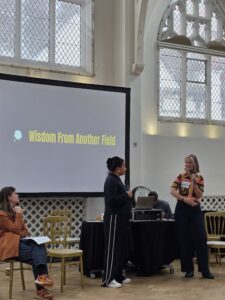
Rooted in Faith, Spirituality, Culture
My particular practice is rooted in my own spirituality, my cultural traditions, and other cultural traditions that I try to respectfully adapt to meet the needs of the communities I work with. I came away from the gathering interested in connecting with more people who are interested in or actively elevating the role of ritual in endings.
Thanks again to The Decelerator Team for organizing a great assembly and big thanks to the city of Birmingham for being so dang charming. I am super smitten!
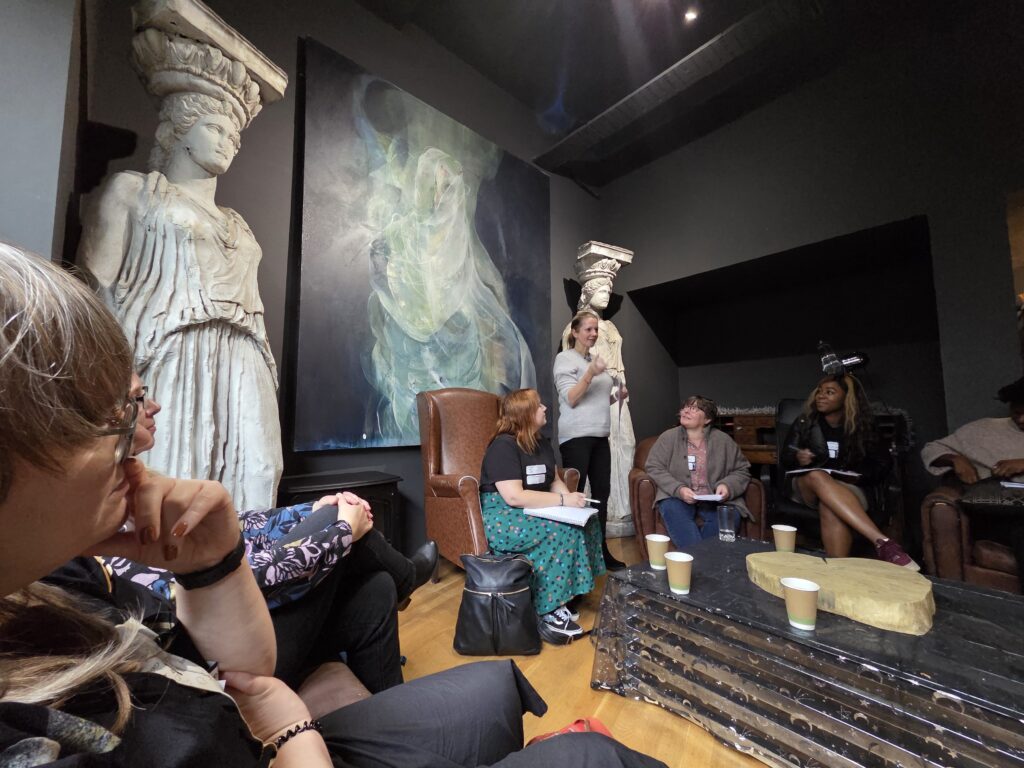
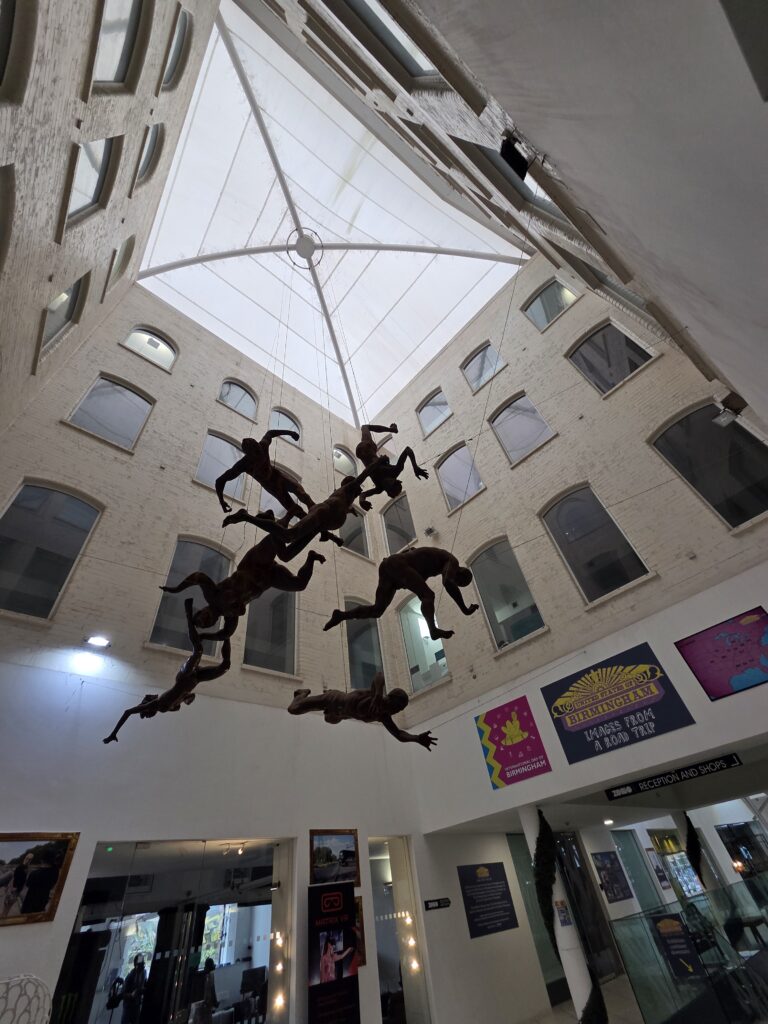
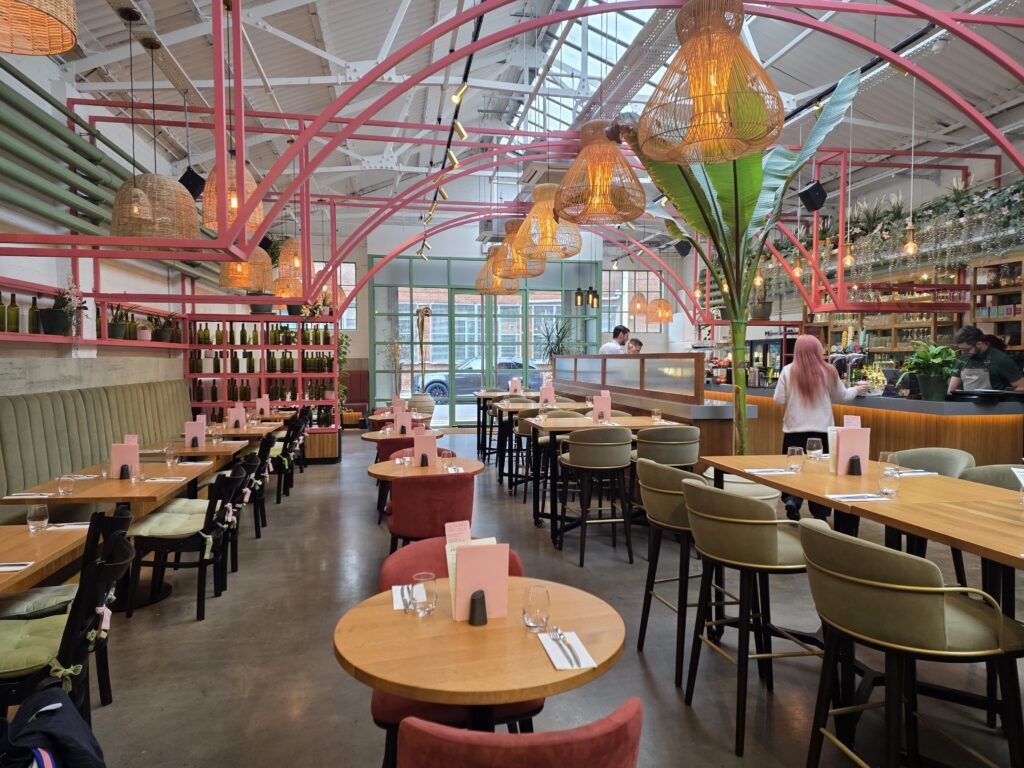
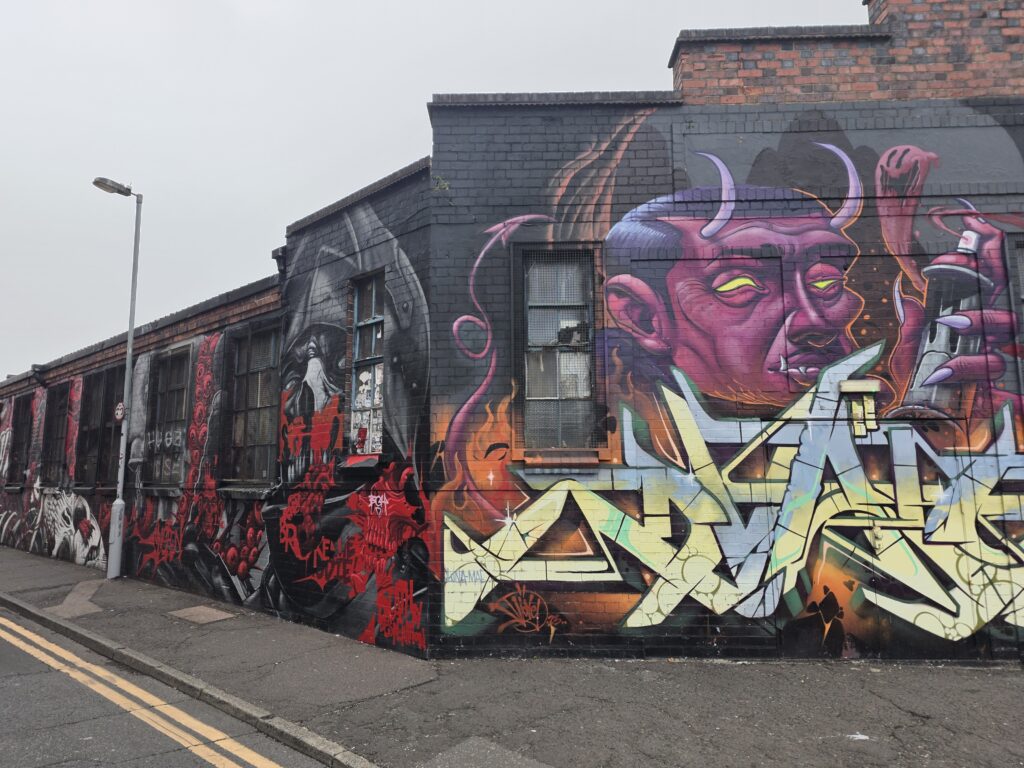
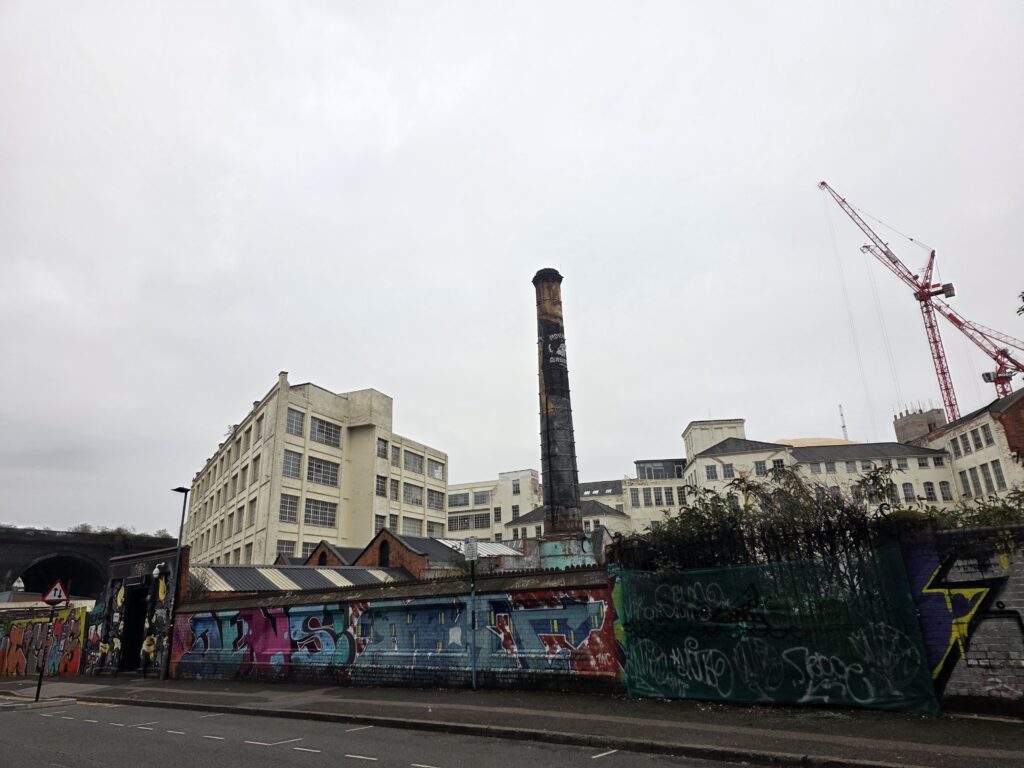
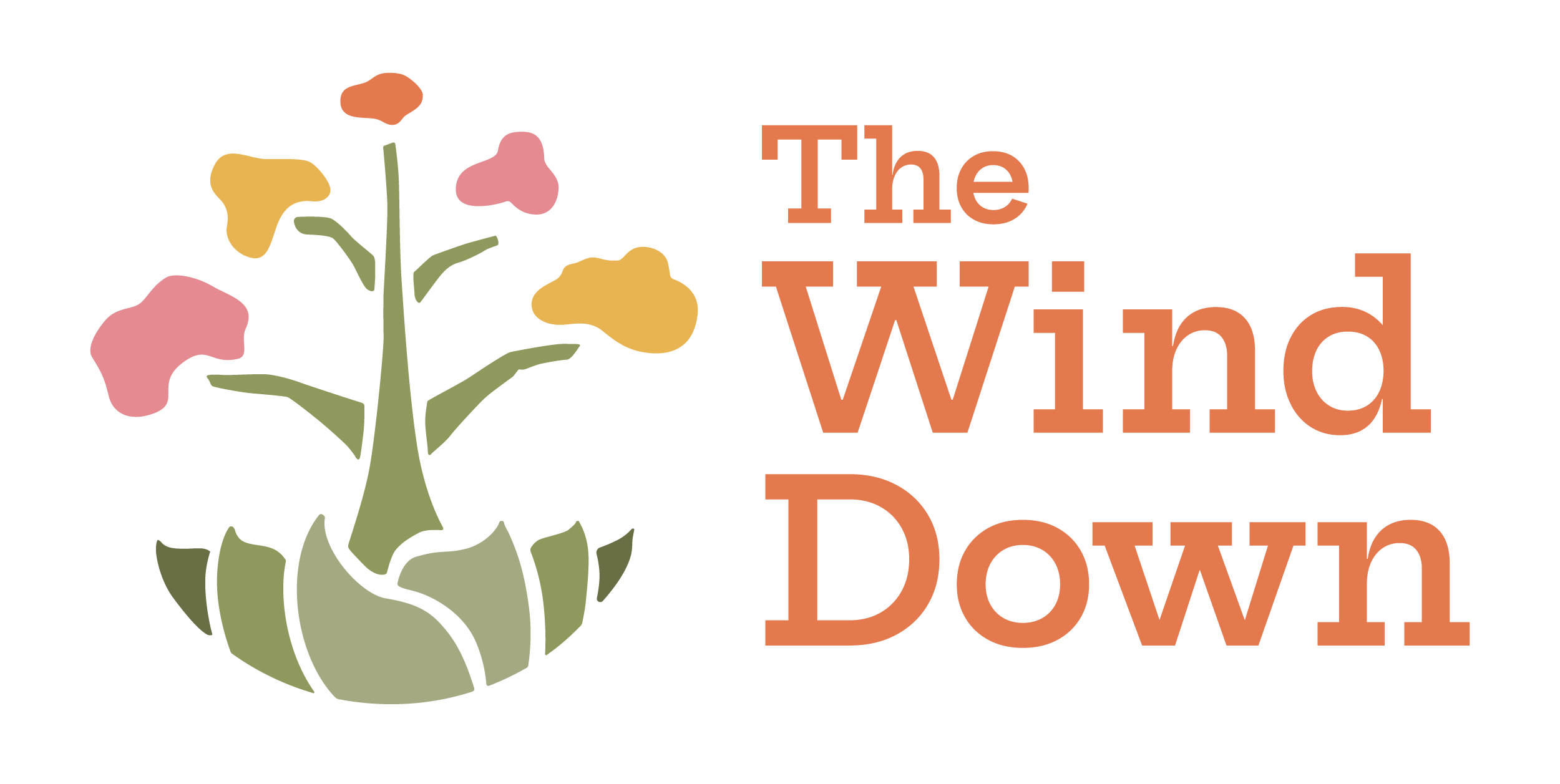
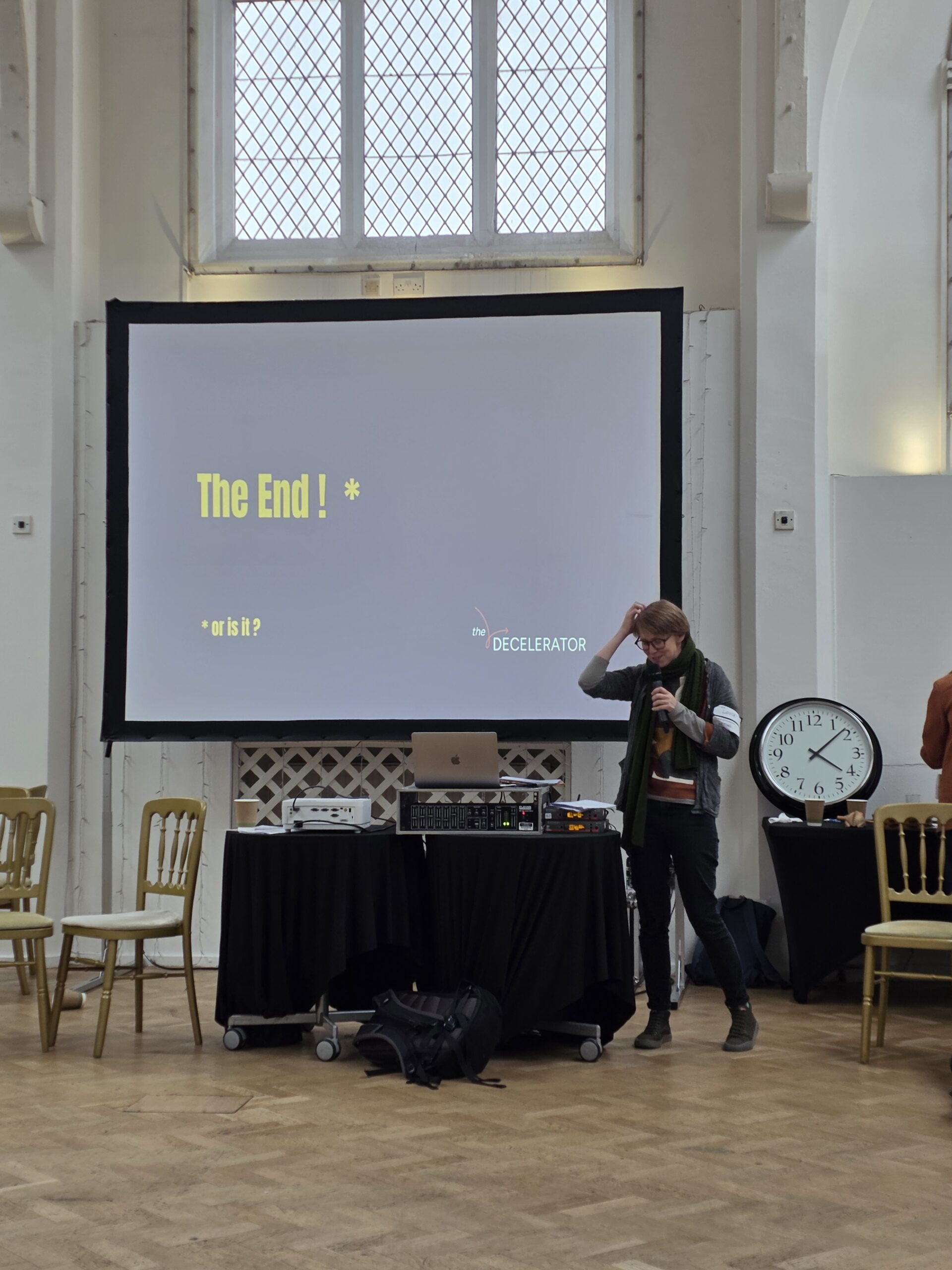
Leave a Reply